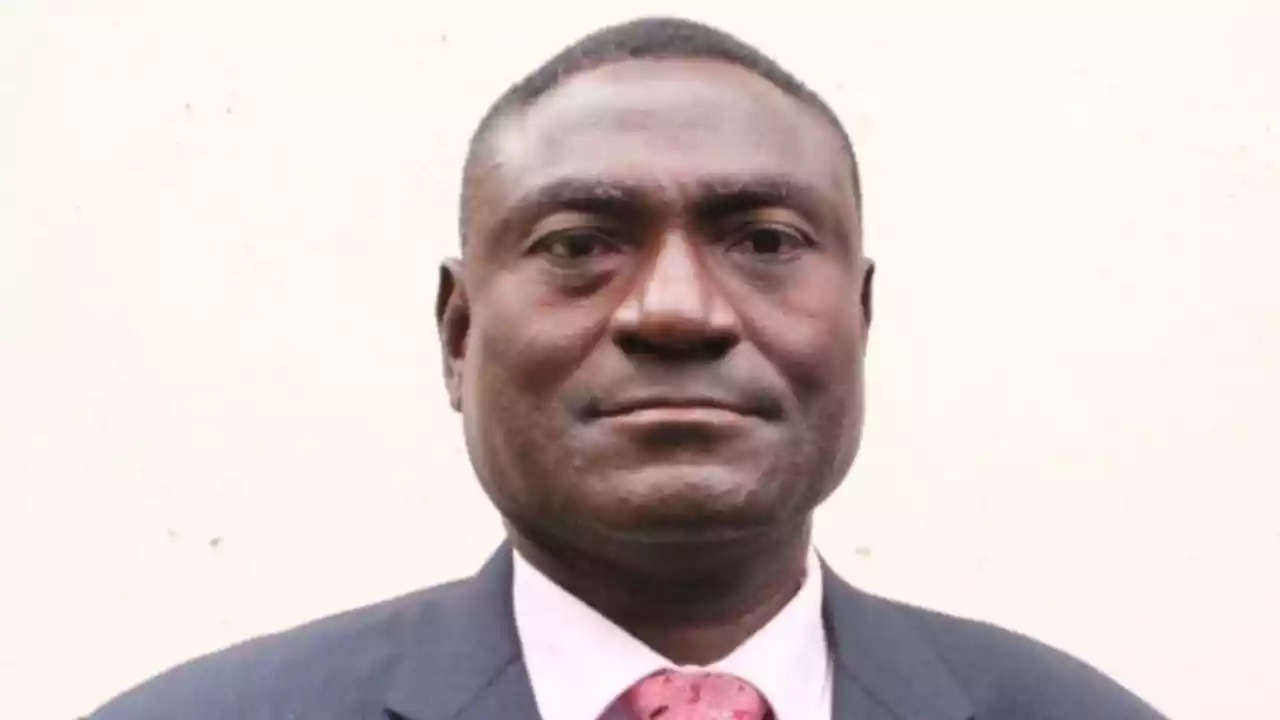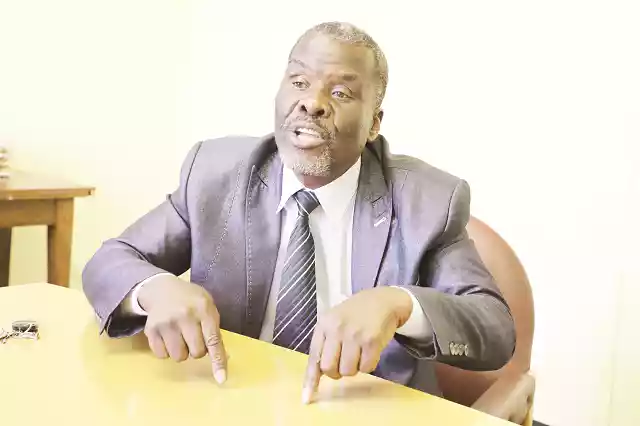
AN INTERNATIONAL researcher, who has documented the Gukurahundi atrocities in Matabeleland, has slammed the manner in which public hearings into the 1980’s mass killings are being conducted saying it is a final betrayal of the victims.
The public hearings, which are being conducted away from the public eye including the media, were supposed to start last Thursday.
President Emmerson Mnangagwa appointed traditional leaders to lead the exercise, which seeks to find closure to the Matabeleland massacres that left over 20 000 civilians dead.
The government had promised public transparency ahead of the hearings, until the previous week when Chiefs Council deputy president Fortune Charumbira announced new guidelines.
Charumbira said only one victim at a time will appear before an undisclosed panel.
Researcher Hazel Cameron said the current structure of the hearings, as outlined, is not fit for purpose and risks compounding the very harms it purports to address.
“The decision to place such a sensitive and historically significant process in the hands of traditional leaders who are both financially and politically beholden to the ruling party is deeply troubling,” said Cameron, a leading authority on state criminality, transnational organised crime, and investigative research, said.
“These chiefs are not impartial actors — their close alignment with the government, which was itself a key perpetrator of the atrocities committed during the Gukurahundi period, undermines any credibility the process might have had.”
- Ziyambi’s Gukurahundi remarks revealing
- Giles Mutsekwa was a tough campaigner
- New law answers exhumations and reburials question in Zim
- Abducted tourists remembered
Keep Reading
Cameron is also the founding director of Pearl International Insights (PII) an independent research and consultancy centre.
PII combines academic rigour with frontline insight to deliver trusted intelligence stakeholders working in the arena of complex and politically sensitive environments.
Cameron’s research into Gukurahundi includes Operation Gukurahundi: A policy of genocidal rape and sexual violence in Zimbabwe 1983 – 1984, The Matabeleland massacres: Britain’s willful blindness and State Organised starvation: A weapon of Exterme Mass Violence in Matabeleland South, 1984.
Cameron said the secrecy around the public hearings was also astounding.
“The exclusion of independent media, the lack of public transparency, and the restrictions placed upon victims — who are expected to give testimony in isolation, without public oversight or legal safeguards — point not to a genuine process of truth-telling and reconciliation, but rather to a tightly managed exercise in historical revisionism,” she said.
“For those who have waited decades to have their suffering acknowledged, only to face yet another state-controlled mechanism devoid of impartiality, this moment may feel like a final betrayal.”
Cameron, who was responding to the Mthwakazi Republic Party, said she will continue to document the history of Gukurahundi to ensure that it is no longer a hidden episode of genocide.
“While the independence of the judiciary in Zimbabwe remains uncertain, I understand the strategic value of attempting to use every available institutional channel to resist this state-led narrative,” she said.








